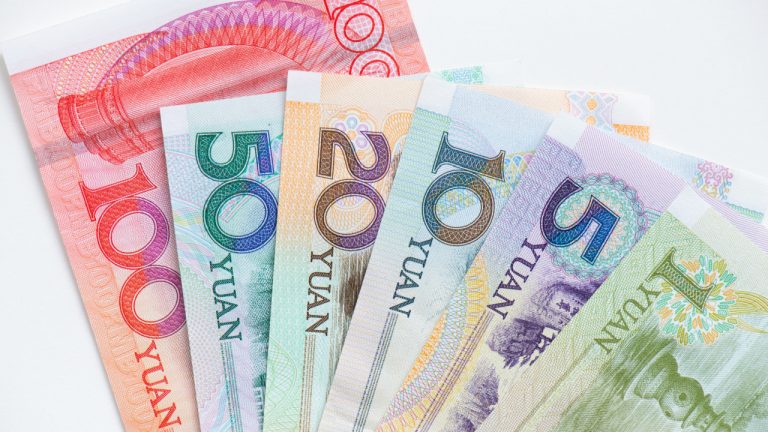
The Central Bank of Argentina has accelerated the sale of its Chinese yuan stash, using part of the swap line provided by the government of China while it tries to acquire dollars simultaneously. According to local sources, the country’s reserves have plunged to their lowest levels in eight years.
Central Bank of Argentina Using Chinese Yuan as a Lifeline
The Central Bank of Argentina has recently accelerated the sale of Chinese yuan from an approved swap line to maintain its operations. The $10 billion loan has enabled the bank to change its internal market dynamics and start selling yuan to national companies to finance their imports while at the same time purchasing dollars to regain some liquidity in foreign currency.
On July 10, the bank purchased $37 million but sold 790 million yuan, losing almost $72 million of its reserves that day. Then, on July 11, the bank purchased $9 million but had to sell 770 million yuan to national importers, taking losses by $98 million.
Economists acknowledge that the pivot to the Chinese yuan in the Argentine economy has served as a lifeline for the country, allowing it to complete part of a payment to the International Monetary Fund (IMF) in June. However, estimations calculate that half of the available amount of the swap ($5 billion) has already been spent.
Reserves Touching Historic Lows
The cash flow situation of the country cannot last long, analysts agree, stating that the net reserves of the Central Bank of Argentina are touching historically low levels. The Argentine newspaper La Nacion reports that reserves have dwindled by $18 billion in 2023, going from $44.5 billion in January to $26.4 billion in July.
The net reserves of the Central Bank of Argentina are negative, with the bank needing almost $6 billion to balance its obligations and its holdings. On this, analysts from Portfolio Personal Inversiones stated:
A level of reserves is being tested that has never been observed since at least the late 1980s.
The country is now seeking to expedite a new agreement with the IMF to accelerate the disbursement of at least $4 billion. According to analyst Gustavo Ber, this would extend the republic’s commercial functionality. However, even if this happens, the firm expects the country’s net reserves to hit -$8 billion before the primary ballots to define the presidential candidates in August.
What do you think about the pivot to the Chinese yuan and the dwindling reserves of the Central Bank of Argentina? Tell us in the comments section below.





